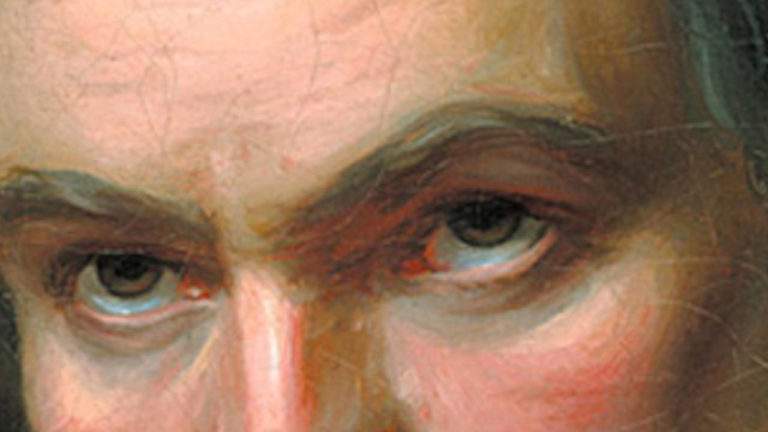Beethoven – Moonlight Sonata (Famous Classical Piano Piece)
The Moonlight Sonata, also known as Piano Sonata No. 14 in C♯ minor “Quasi una fantasia”, is a piano sonata by Ludwig van Beethoven. It was completed in 1801 and dedicated to his pupil, Countess Giulietta Guicciardi. The piece is widely considered to be one of Beethoven’s most popular and recognizable compositions.
A Detailed Analysis: “moonlight sonata piano”
According to Beethoven, this piano piece is “almost a fantasy” essentially because this sonata does not follow the classical scheme. The designation was born in the middle of the 19th century when the poet Ludwig Rellstab compared the first movement to the moonlight over Lake Lucerne. Below, check out more details about this wonderful work by Beethoven.
Beethoven – Moonlight Sonata (1st Movement)
The first movement of the Moonlight Sonata is marked Adagio sostenuto, and is in the key of C-sharp minor. The movement is characterized by its slow, mournful melody, which is played over a repetitive accompaniment in the left hand. The movement is known for its use of the sustain pedal, which creates a haunting, ethereal sound.
Beethoven – Moonlight Sonata (2nd Movement)
The second movement of the Moonlight Sonata is marked Allegretto, and is in the key of D-flat major. The movement is a stark contrast to the first movement, with a lively, playful melody that is accompanied by a light, staccato accompaniment in the left hand. The movement is notable for its use of dynamic contrast, with sudden shifts from loud to soft.
Beethoven – Moonlight Sonata (3rd Movement)
The third movement of the Moonlight Sonata is marked Presto agitato, and is in the key of C-sharp minor. The movement is a fast, frenzied finale to the sonata, with a driving rhythm and complex, virtuosic piano writing. The movement is known for its intense energy and dramatic contrasts between loud and soft.
Overall, the Moonlight Sonata is a masterpiece of piano composition, characterized by its haunting melodies, virtuosic piano writing, and dramatic contrasts. Its enduring popularity is a testament to its enduring appeal and the genius of its composer, Ludwig van Beethoven.





